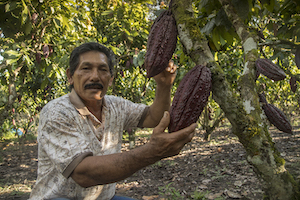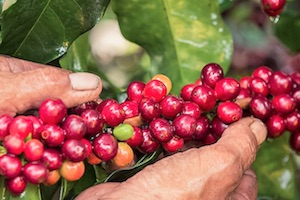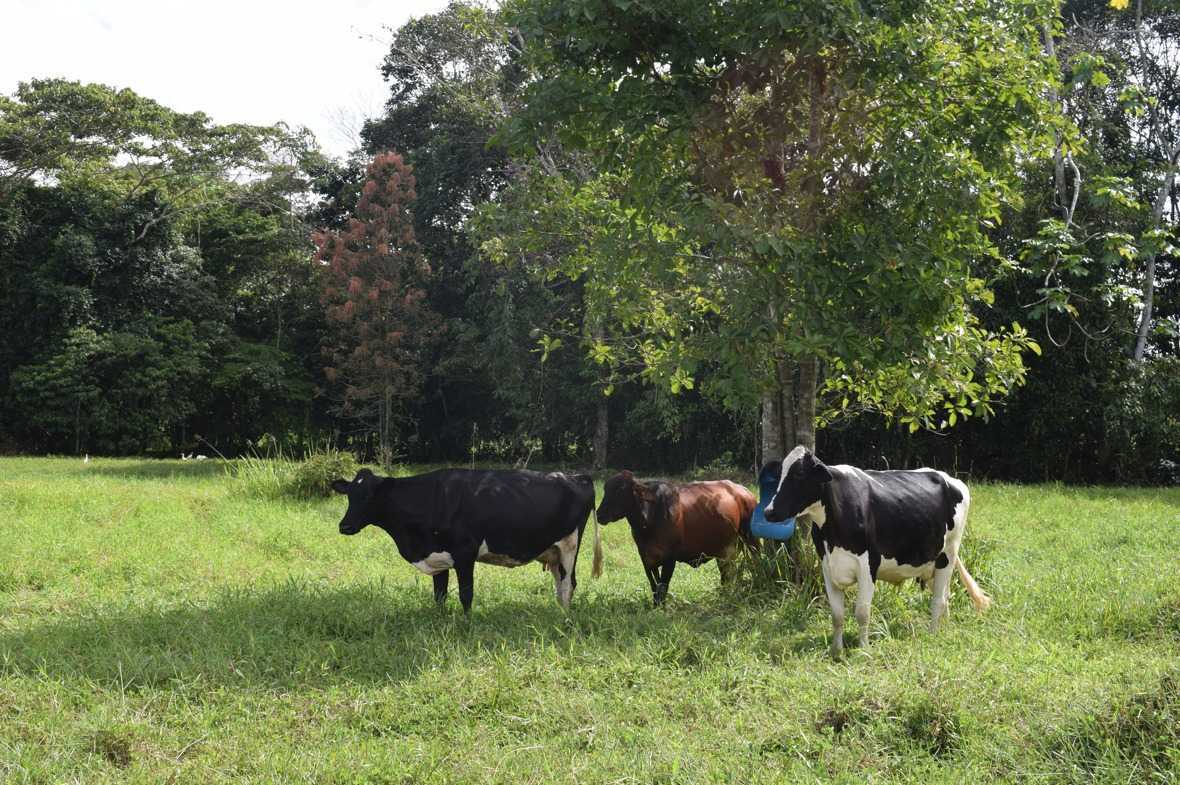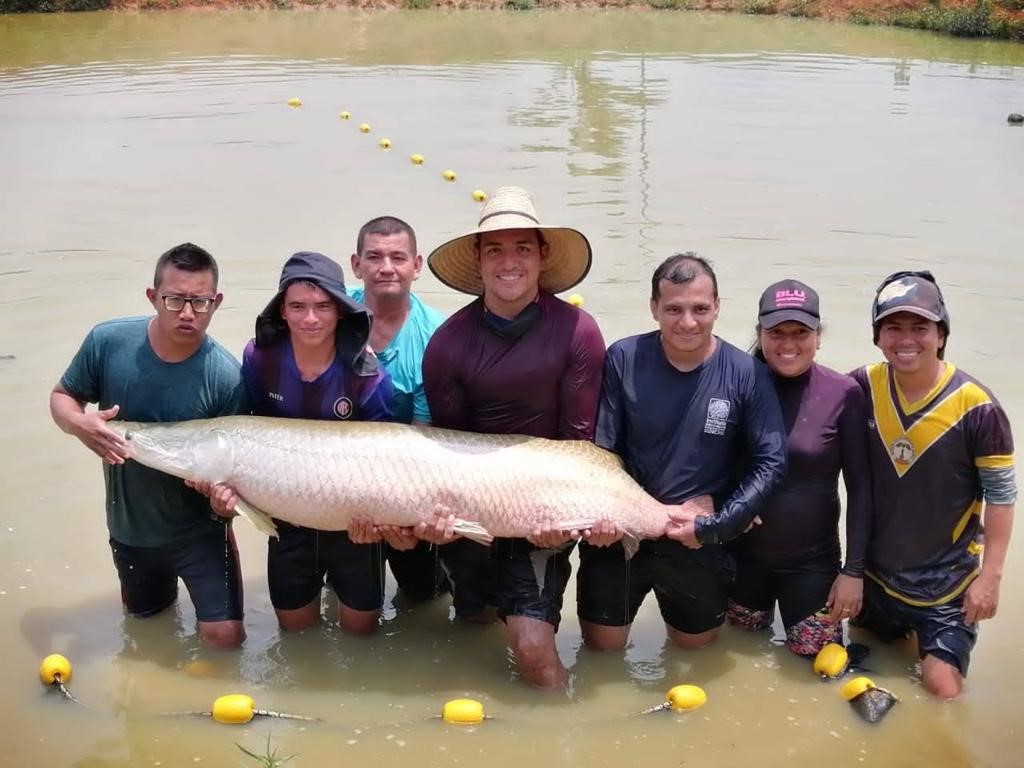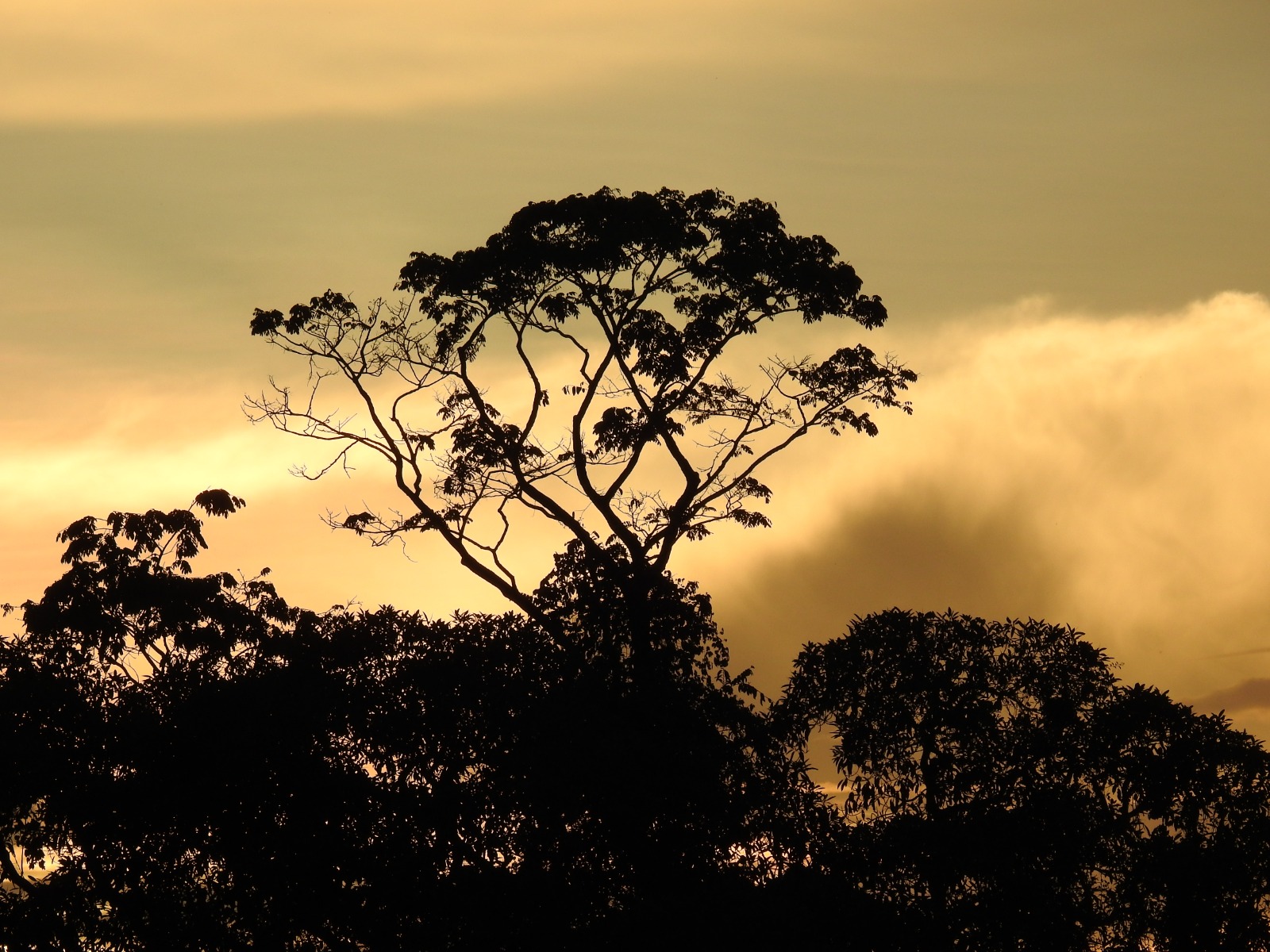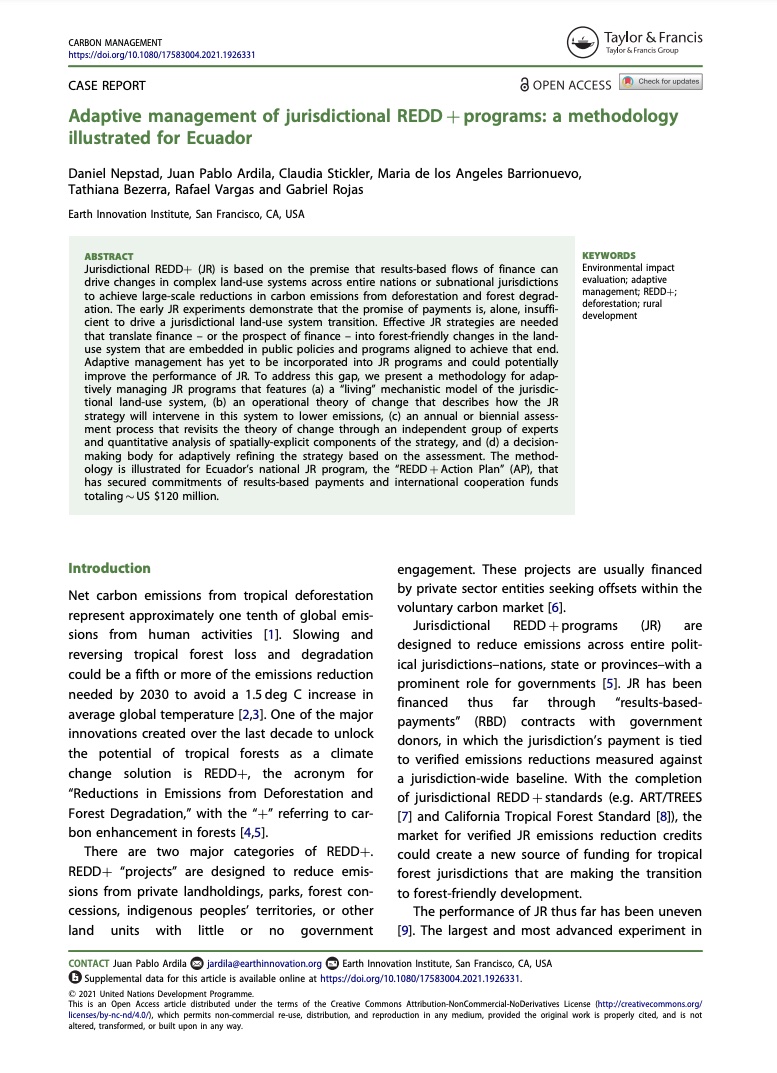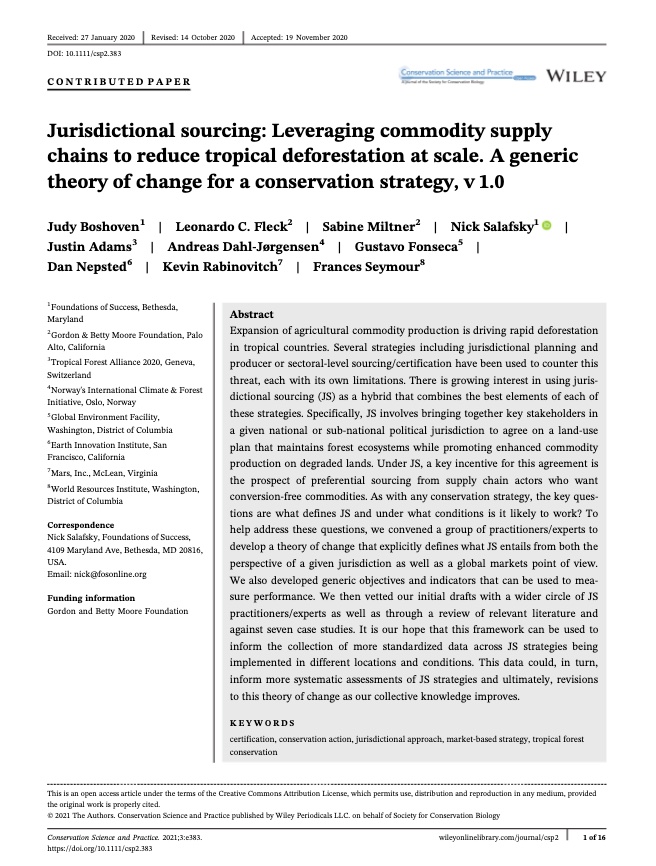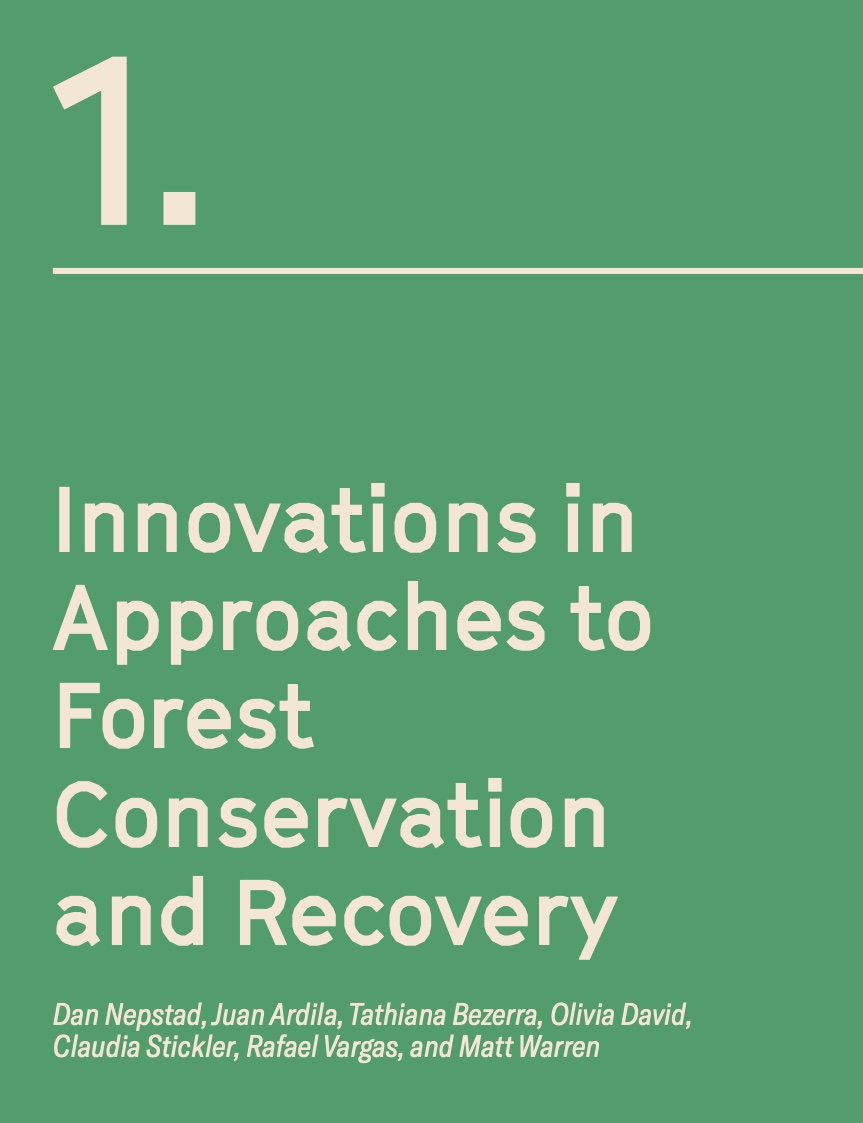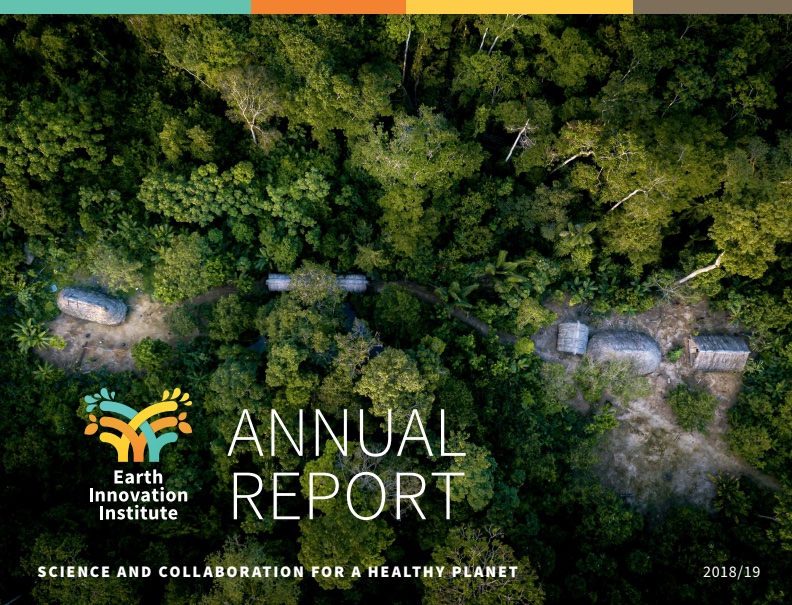Earth Innovation Institute works to advance climate-friendly rural development through innovative approaches to sustainable farming, forestry and fisheries in tropical regions around the world.
As world demand for food, fiber, feed and fuel outpaces supply, increases in production are urgently needed. Increased production must be achieved while maintaining and rebuilding forests and fisheries, and slowing the release of greenhouse gases to the atmosphere. Tropical nations hold the greatest potential to produce more food for the planet. By increasing the productivity of already-cleared land and building on recent successes in slowing deforestation, we can feed more people while ending deforestation and mitigating climate change.
At Earth Innovation Institute, we foster this transition to low-emission rural development – a shift to economic growth that keeps forests and fisheries intact and rewards farmers, ranchers, and fishermen for using sustainable practices. That transition, in turn, moves us closer towards our goals of:
-
Achieving Land, Water & Food Security
-
Reducing Tropical Deforestation
-
Stabilizing the Climate
Our history
In 1995, Dan Nepstad and Toby McGrath along with a team of researchers co-founded IPAM in Belém, at the lower mouth of Brazil’s Amazon River. The idea was to create an institution that shaped public policy processes and rural development from a basis of hard evidence and sound research, free of political party affiliations. One foot in the field, one foot in the policy dialogues. In 2010, after receiving multiple requests for collaboration outside of Brazil, Dr. Nepstad established the IPAM International Program in San Francisco, which three years later went independent to become Earth Innovation Institute.


